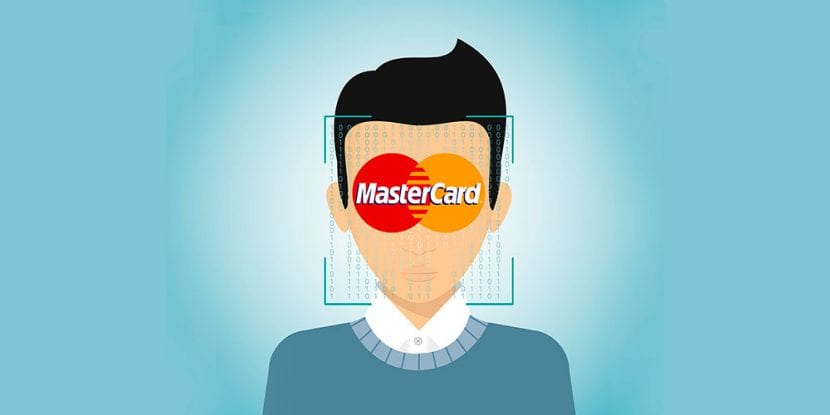
Although the security systems every day they are more efficient against identity theft, data or fraud, there is always the risk of going through one of these problems. This is why security protocols must evolve to remain current and that the danger of fraud decreases, such as the selfie authentication.
Master Card has just announced a new and innovative way to authenticate our identity with selfies when making a bank transaction or payment: Through the self-photos also known as selfies. It is novel and almost unbelievable to think that something that started as a trend in social networks It has achieved such an impact that companies have looked for a way to make it part of their methodologies.
Selfie authentication to increase security
This function consists of the facial recognition technology to identify our identity by taking a photo of us instead of entering our password. Master Card assures that after being tested in the United States and the Netherlands, 92 percent of users preferred this security system to typing a password.
This system will work through a downloaded app to our mobile that will also have the ability to identify our identity through our fingerprint (available only on devices that have this feature).
This technology that looks like something out of a science fiction film has become a reality among us thanks to what is known as Biometric Identification, which is the verification of the identity of a person based on the characteristics of their body such as fingerprints, the proportions of our face, the iris of the eyes, etc. We know that all of these items are nearly impossible to replicate and provide much more security than a 4-digit password that we can easily forget or share with someone else by accident.